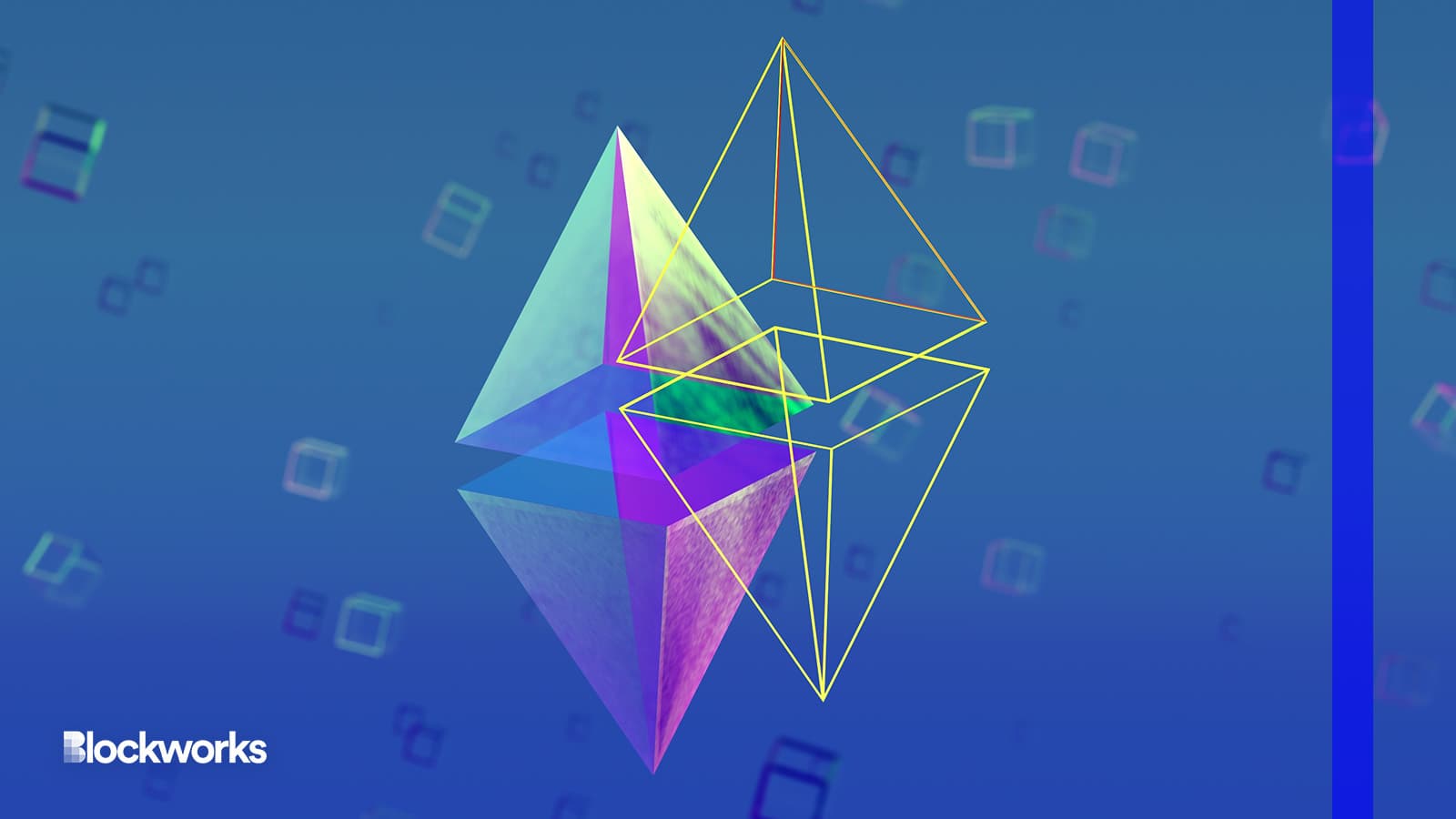Ethereum Developers Push Back Shanghai Upgrade to Early April
Core developers set date for Goerli testnet deployment of March 14, but mainnet — and staked ether withdrawals — will have to wait until April

Maurice NORBERT/Shutterstock.com modified by Blockworks
Ethereum developers have been targeting late March for the next major upgrade to allow withdrawal of staked ether, but that aspiration now appears to have been slightly optimistic.
The latest consensus estimate between Ethereum’s client developer teams is to deploy the Shanghai Capella upgrade to the network’s Goerli testnet on March 14.
No firm date for the eventual mainnet hard fork has been set yet, but the downstream effects to the agreed timeline are likely to bump Shanghai’s final deployment to about a month afterwards, developers said.
That means investors with staked ether will have to wait a little longer to withdraw. But there’s a silver lining, according to Noelle Acheson, author of Crypto is Macro Now and former head of market insights at Genesis: greater market clarity on the impact to ether’s price.
“It’s still ahead of the schedule that was being talked about right after the Merge,” Acheson told Blockworks, adding the delay will “give analysts more time to map out the possible impacts on the ETH price — the high degree of uncertainty around the outcome is keeping ETH volatility and performance down.”
First stop: Goerli
The All Core Devs call on Thursday flagged a couple of minor issues uncovered after the successful Sepolia testnet upgrade which was completed earlier this week, but none is expected to adversely impact future Shanghai deployments.
Participants on the call then turned to scheduling the target date for Goerli, the final testnet, and agreed to aim for epoch 162304, which should occur at roughly 6:25 pm ET on March 14.
Consensus client software releases will be needed within the next five days to prepare for the upgrade test. No developers expressed any reservations about meeting that deadline, and preferred to see Goerli tested well in advance of the critical mainnet fork.
“I have a feeling that when a lot of the public validators are testing, we’ll uncover a slew of more issues, but that’s just a hunch,” Matt Nelson from the Besu client team said on the call, though he noted his team “didn’t have many issues with Sepolia.”
Project coordinator, Tim Beiko, reiterated the typical schedule for deployment to be expected.
“For mainnet we usually want to give people at least two weeks after the announcement,” Beiko said. “So imagine Goerli happens on the 14th, everything goes well, on the 16th we agree to move forward with mainnet — I think the earliest that puts us is like the first week of April, basically.”
Other developers on the call indicated the second week of April was more likely.
Ethereum upgrades have frequently been planned and then delayed — most notably the Merge — as stakeholders involved in the process are generally happy to take a cautious approach rather than rush things.
Avoiding mistakes is key when you’re making major changes to a nearly $200 billion network.
“All major upgrades are complicated undertakings, and the more testing, the better,” Acheson said.
Get the news in your inbox. Explore Blockworks newsletters:
- The Breakdown: Decoding crypto and the markets. Daily.
- 0xResearch: Alpha in your inbox. Think like an analyst.






